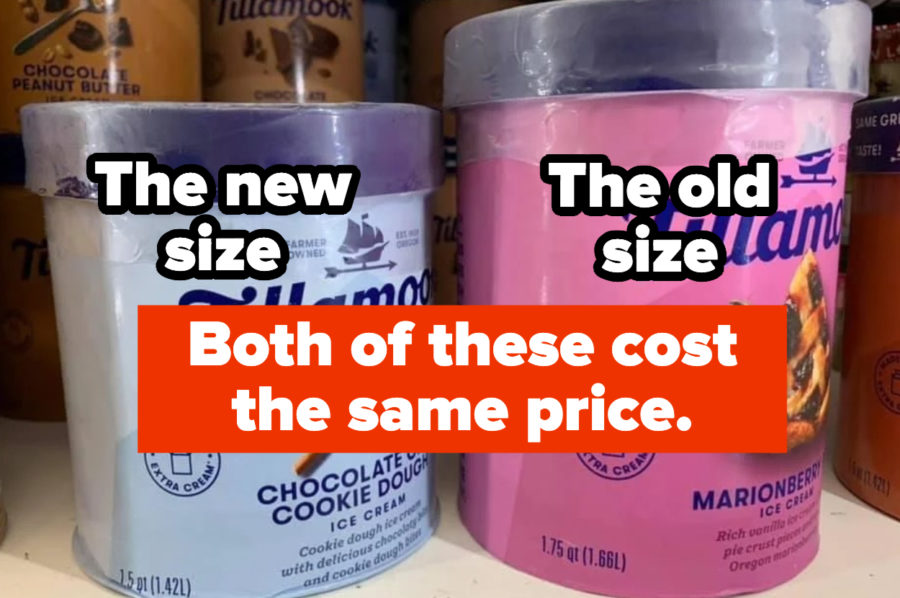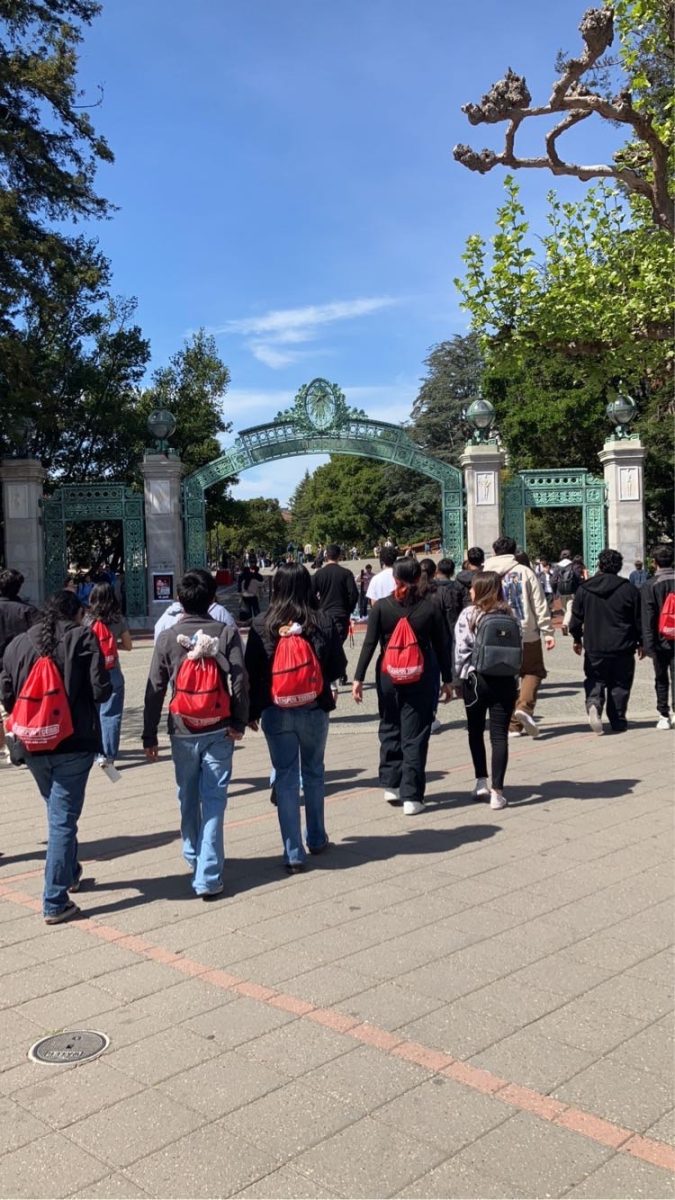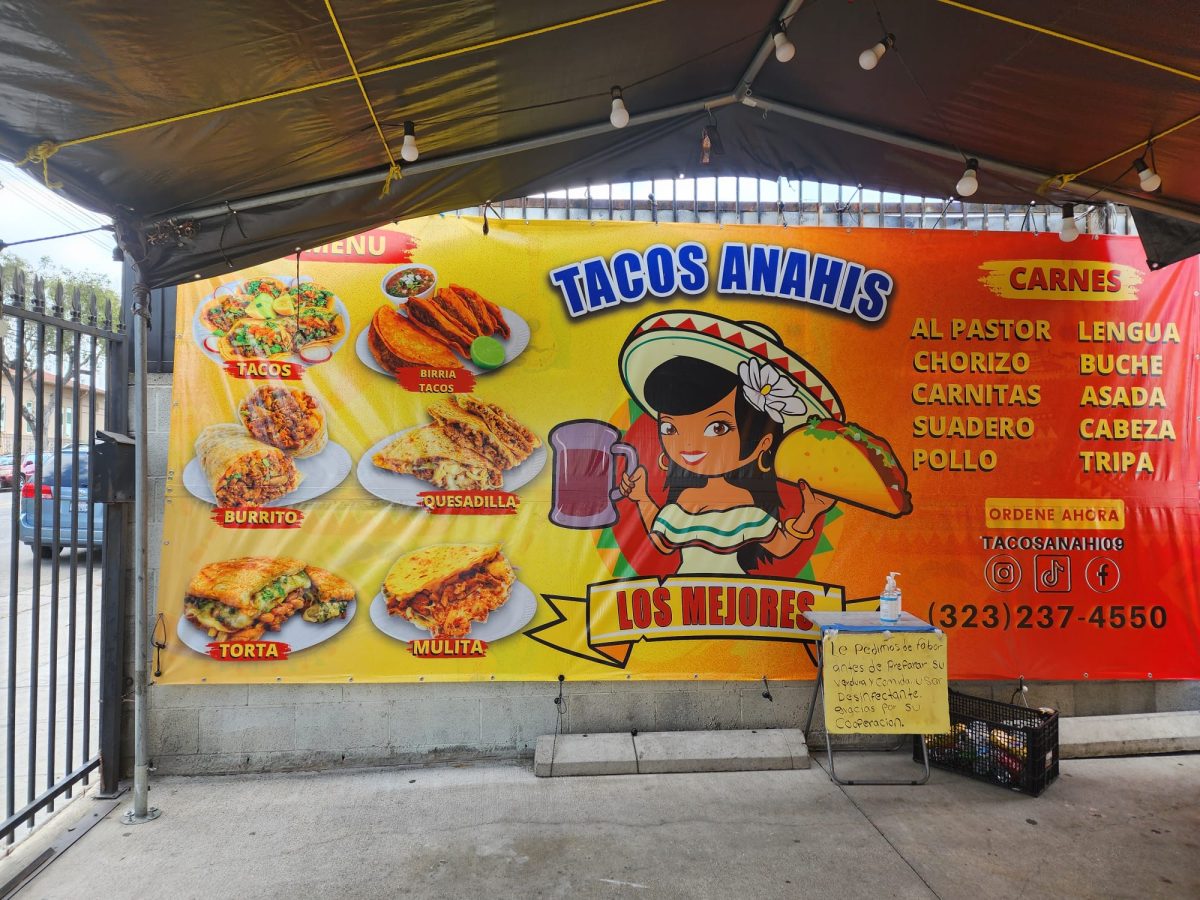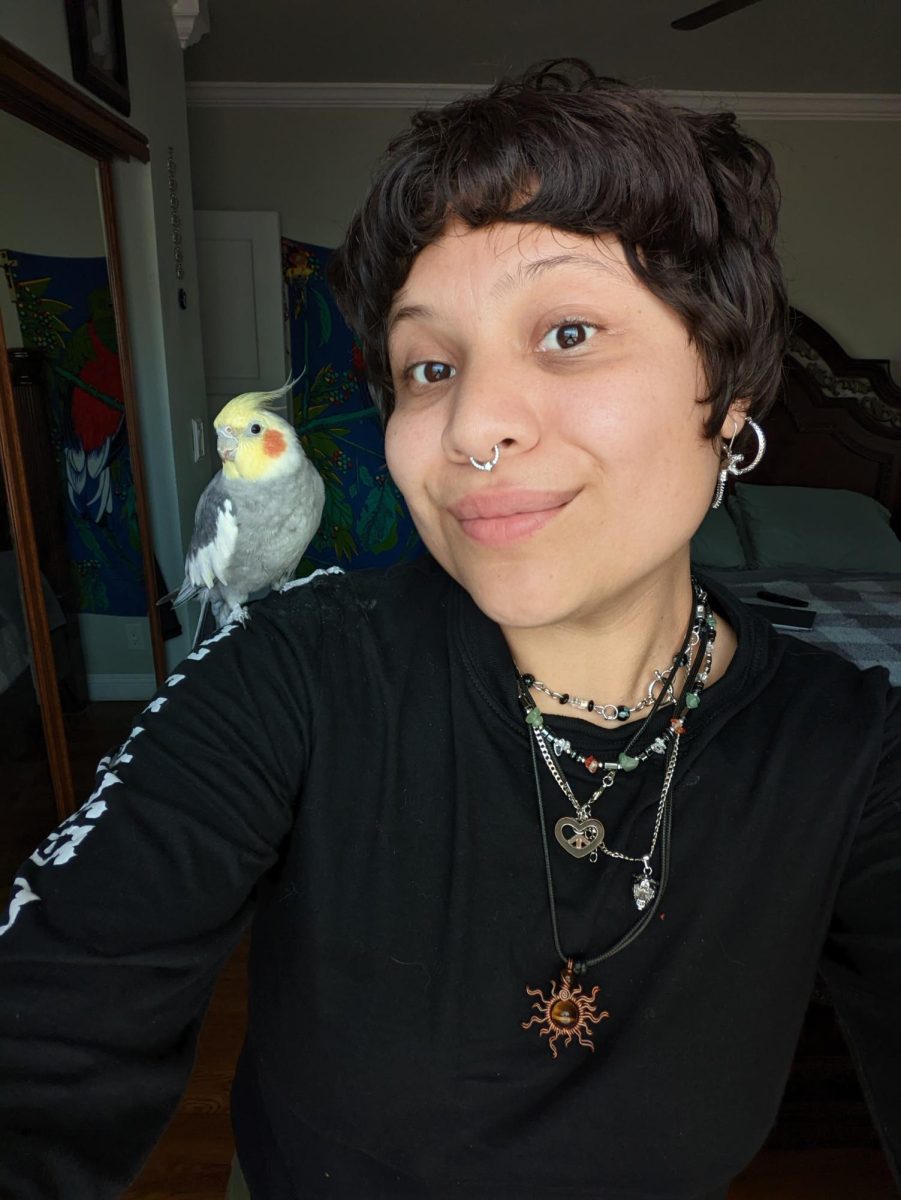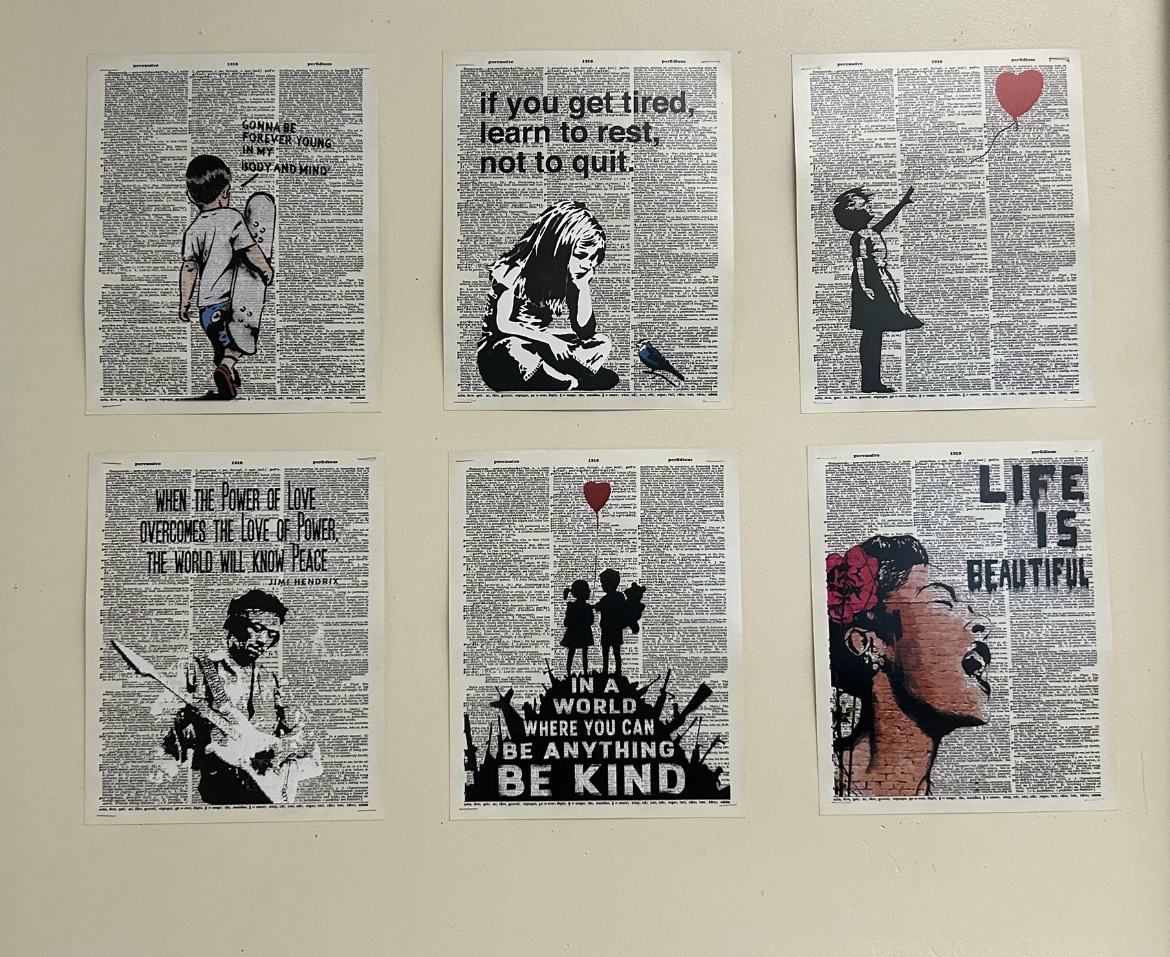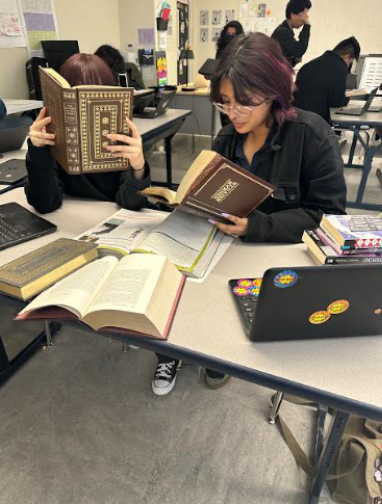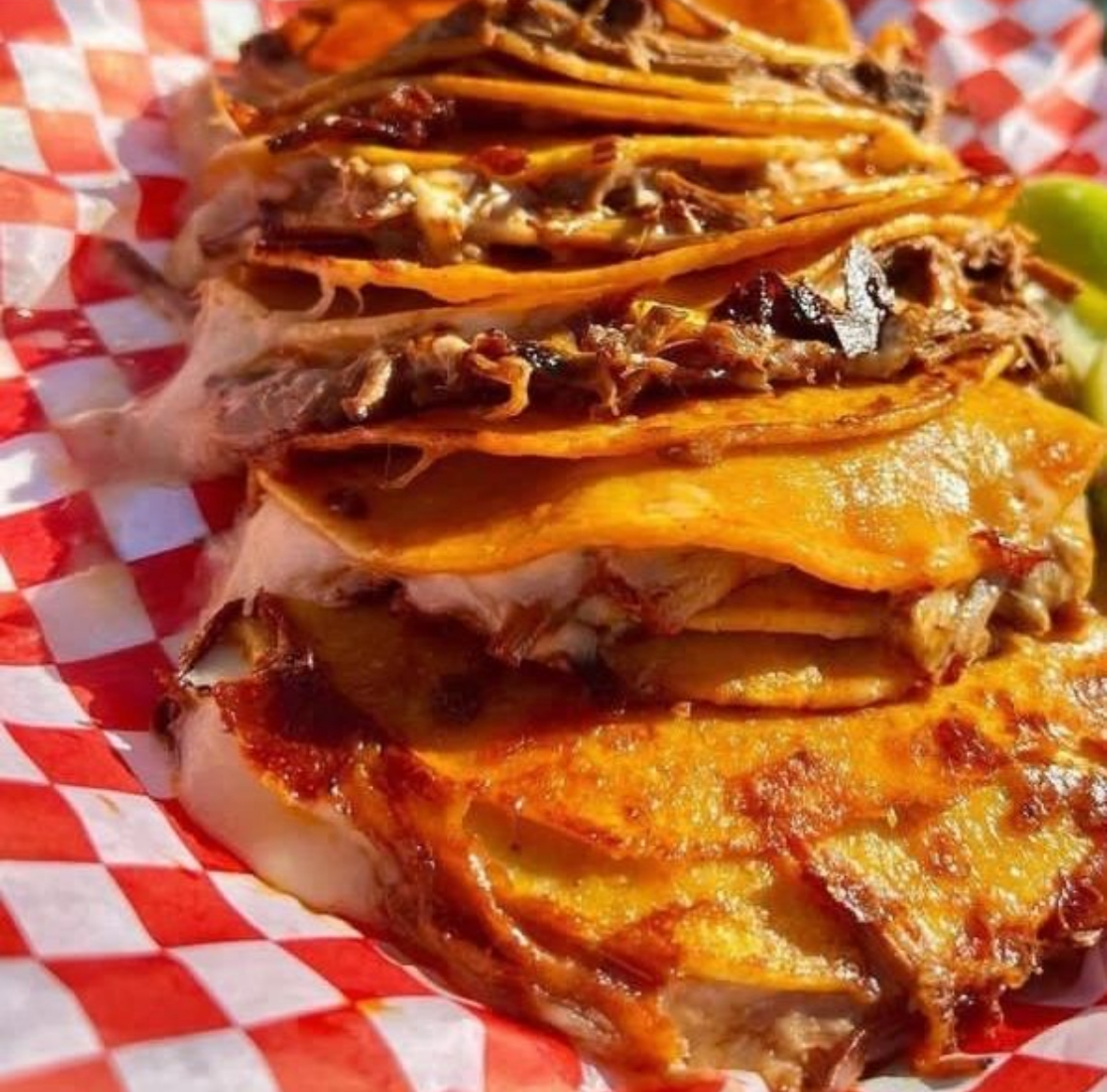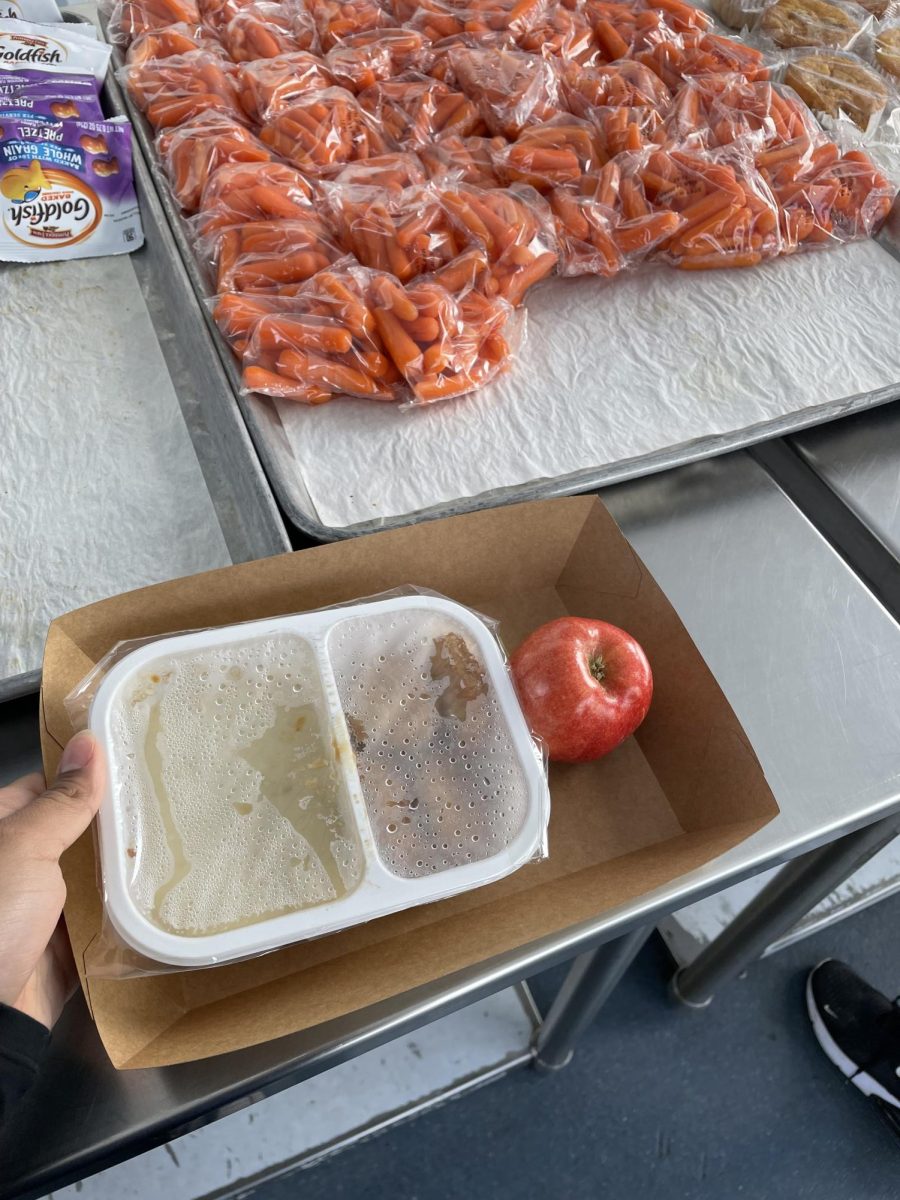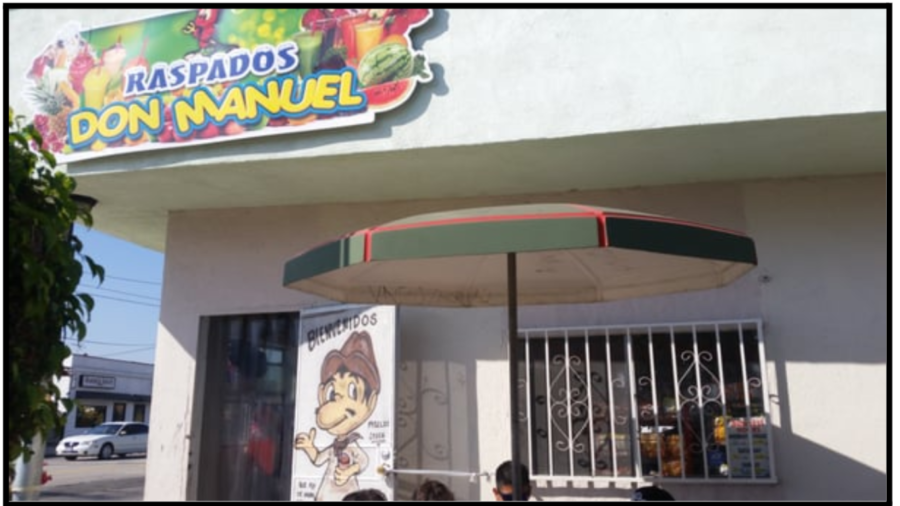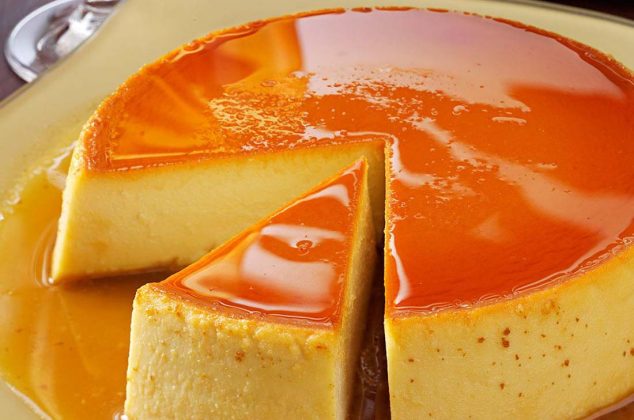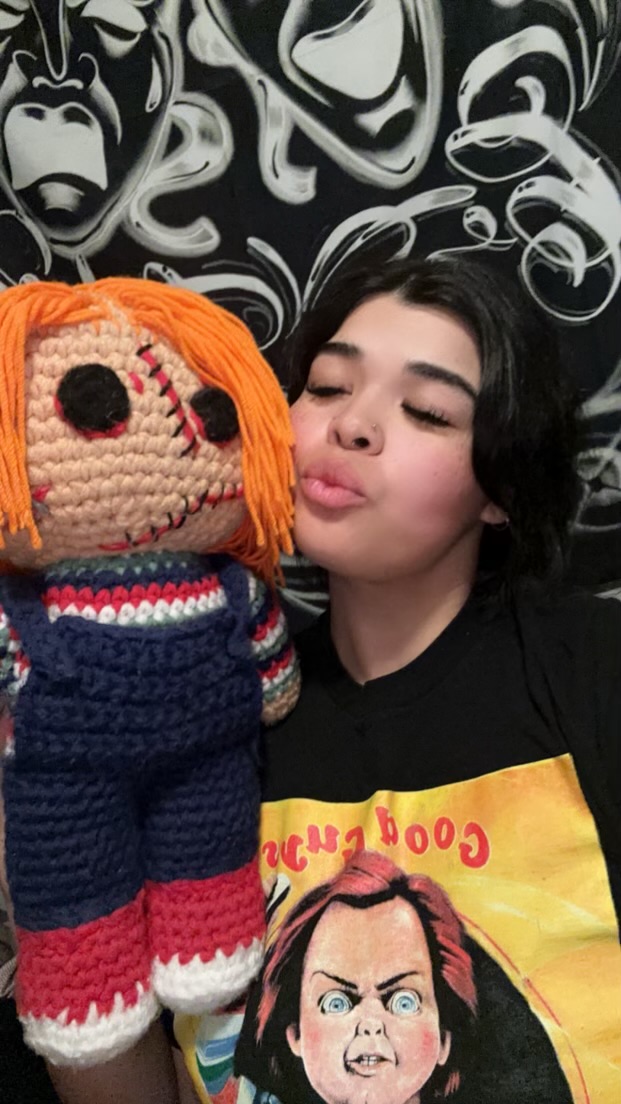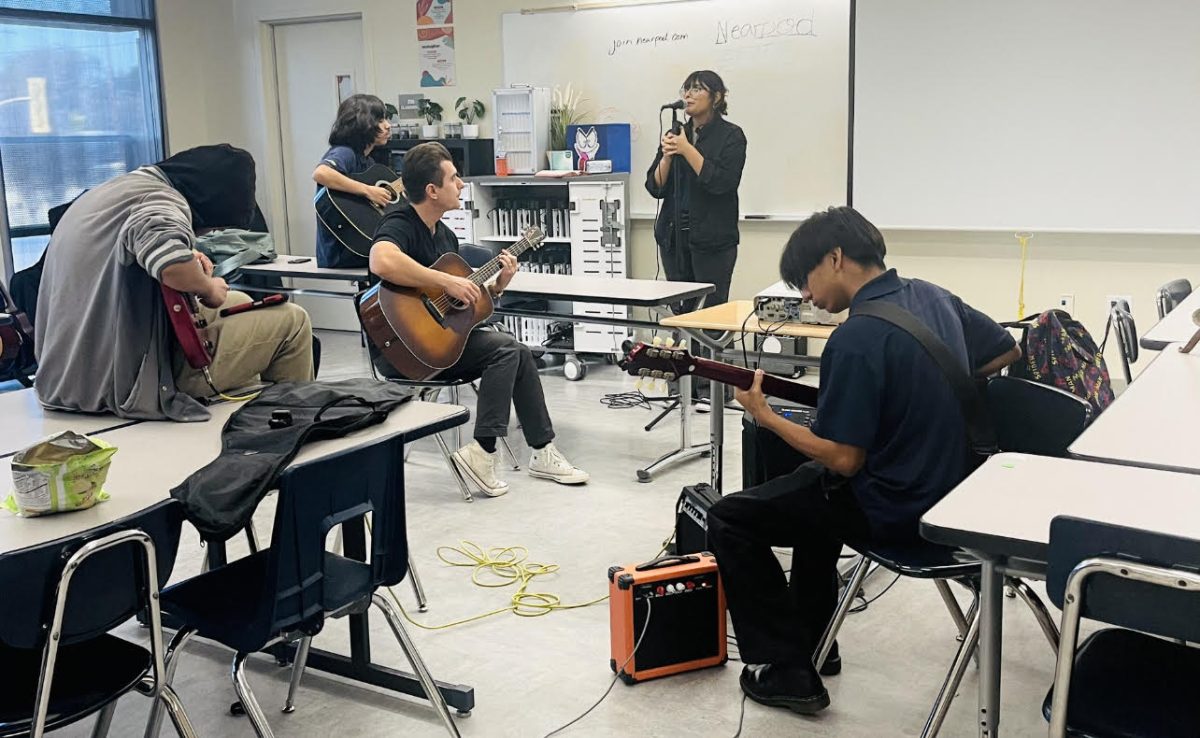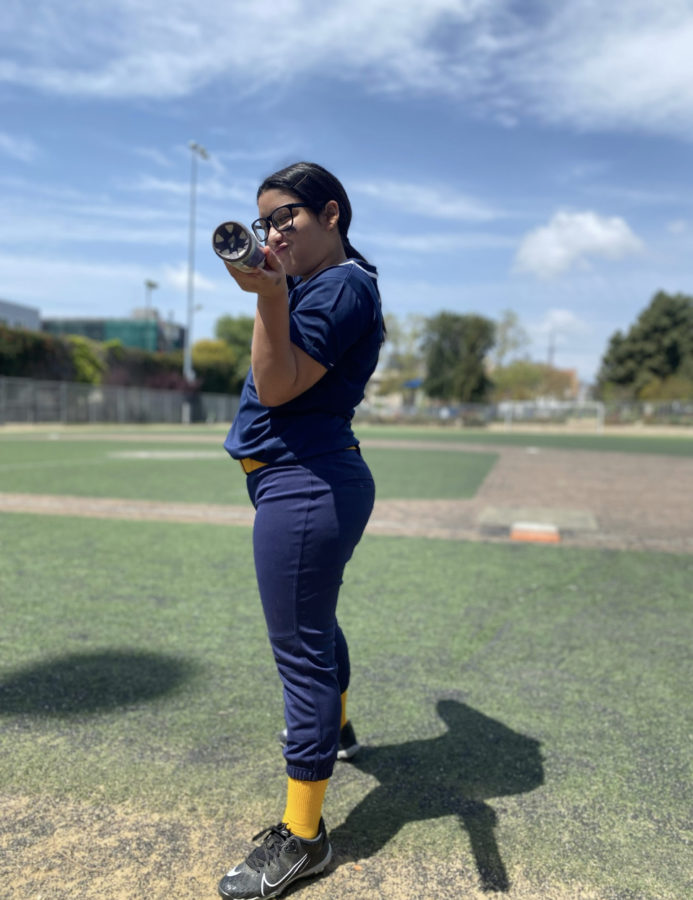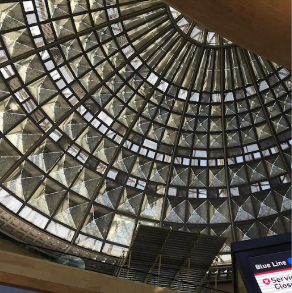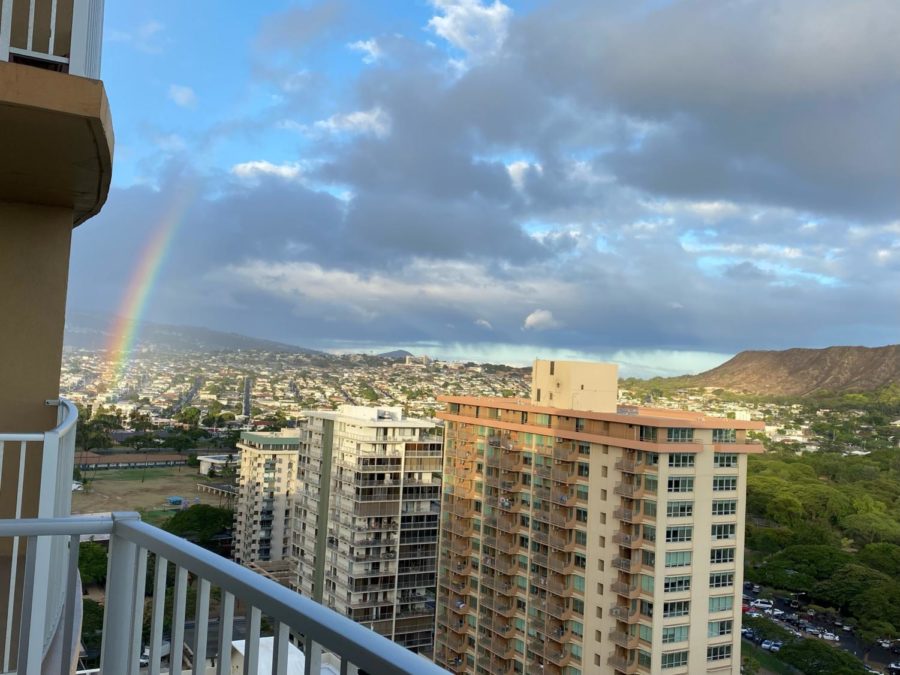
In a world influenced by mainstream media, music is at an all time high. Reggaeton is on the rise with the internet opening new doors and opportunities for Latin artists to shine. The genre is constantly changing, pushing the limits of what it can do while breaking cultural barriers.
Although Reggaeton/Latin hip hop is mainly associated with Latin artists like Bad Bunny and Karol G, it actually had its origin with Jamaican people. During the 1980s, Jamaican workers went to Panama to help the people build the Panama canal; this is how Reggaeton came to be and became part of Spanish culture.
Colón Ramos is a well known musician who studied at the Berklee College of Music. Ramos is currently an assistant professor of music at Cal State LA that directs the Afro-Latin Music Program. He had also held a position at the Latin Recording Academy for seven years immersing himself in the Latin American and Spanish music genre further improving his knowledge of music.
Ramos defines “Reguetón or Latin HipHop as a style of music that it’s composed predominantly of a steady percussive beat of afro-latin descent and over it a performance of lyrics that are often delivered in a spoken way with syncopated elements.”
He believes that this music has “opened a lot of eyes to the realities of living in the projects and urban areas.” Ramos continues, “If you look at the style of music now and its influence, you will see that artists are still very vocal about social movements even if their songs don’t mention these topics.”
He talks about how the music we hear today has a “rhyming scheme [that] is less complex because there are less words used. The focus is more on catchy lyrics and melodies (This is called a hook) rather than telling a story.
As a subject matter expert, Ramos believes that “Reguetón has crossed over to the mainstream, so it has now become part of pop culture and with this it becomes embraced by more artists who don’t necessarily come from the same places that the originators did. He also states that “The music industry is tough and ever changing.”
Reggaeton continues to change everyday whether it’s the topics being discussed, flow, or beats. People are always going to have different opinions on what era of Reggaeton is the best. “Older generations tend to think that original iterations of a specific art are always better” Ramos states.
Reggaeton is an ever changing genre. Music is a way for artists to express themselves lyrically, bringing different beats and rhythms to life. Though artists sing about partying and love, Ramos also shared a small anecdote on how his teachers thought Reggaeton would disappear but now it spiked in popularity…
Artists are now using their musical platform to be more vocal about social movements, Ramos even dares to say, “that because of technology, Reguetón reaches more people now than ever and so the Latinx culture is reaching new heights.”
Reggaeton is a part of many people’s everyday lives and has brought so much positivity into many people’s lives. But this goes for Music in general, not just Reggaeton. Music has been bringing people together and will continue to do so. For many, music has brought them together with their family, helped them make new friends, and everlasting memories.
Karen Garcia, an avid Reggaeton listener, shared “Music has brought me closer with many people in my family that I rarely interact with and friends that I’ve lost contact with. For example, going to a Bad Bunny concert resulted in a memory that I will always share with my aunts and cousins.”
As Reggaeton continues to evolve, go and listen to the new artists and styles. Explore the ever changing genre but don’t just listen to the mainstream media look for up and coming underground artists and listen to what they have to say. And make sure to share your experience with others.
From its humble beginnings to its now global reach Reggaeton continues to and will still be a part of people’s lives. Despite its changes it will always spark conversations and relationships amongst people that bring us closer to each other, shaping the way we view others and the world.
